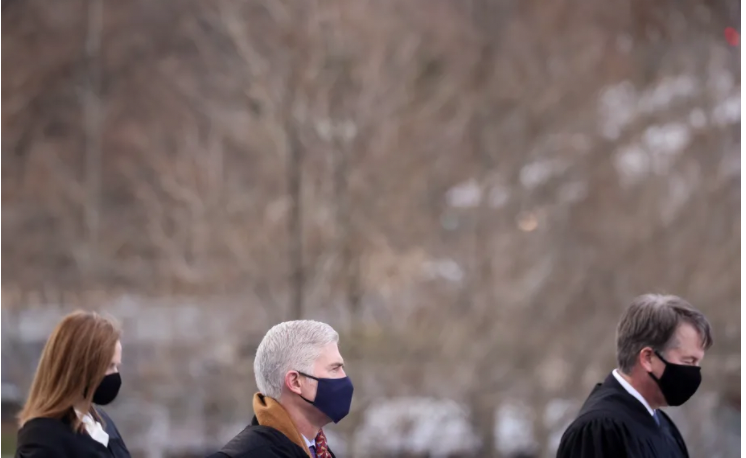
Laws mean nothing if they cannot be enforced against people who violate them, which is why there is an entire branch of government — the judiciary — whose job is supposed to be applying the law to individual cases. But at least when it comes to employment law, the Supreme Court has spent the last two decades permitting most employers to immunize themselves from lawsuits through a practice known as “forced arbitration.”
Forced arbitration allows an employer to order its workers to sign away their right to sue the company, or lose their jobs. Instead, any disputes must be resolved in a private arbitration process that gives extraordinary advantages to corporate parties over individuals. (Forced arbitration is also very common in ordinary consumer transactions, but your bank or cellphone company can only refuse to do business with you if you refuse arbitration. Your boss can most likely fire you.)
In the final two weeks of March, the Supreme Court will hear three cases asking just how much power companies have to force their workers into arbitration.
The first two, Morgan v. Sundance and Viking River Cruises v. Moriana, are fairly narrow. But the third case, Southwest Airlines Co. v. Saxon, involves one of the original sins of the Court’s forced arbitration jurisprudence. The Federal Arbitration Act of 1925, the statute the Court relies on in forced arbitration cases, explicitly exempts “workers engaged in foreign or interstate commerce.” But, in Circuit City v. Adams (2001), a 5-4 Court held that most workers engaged in foreign or interstate commerce can be forced into arbitration.










